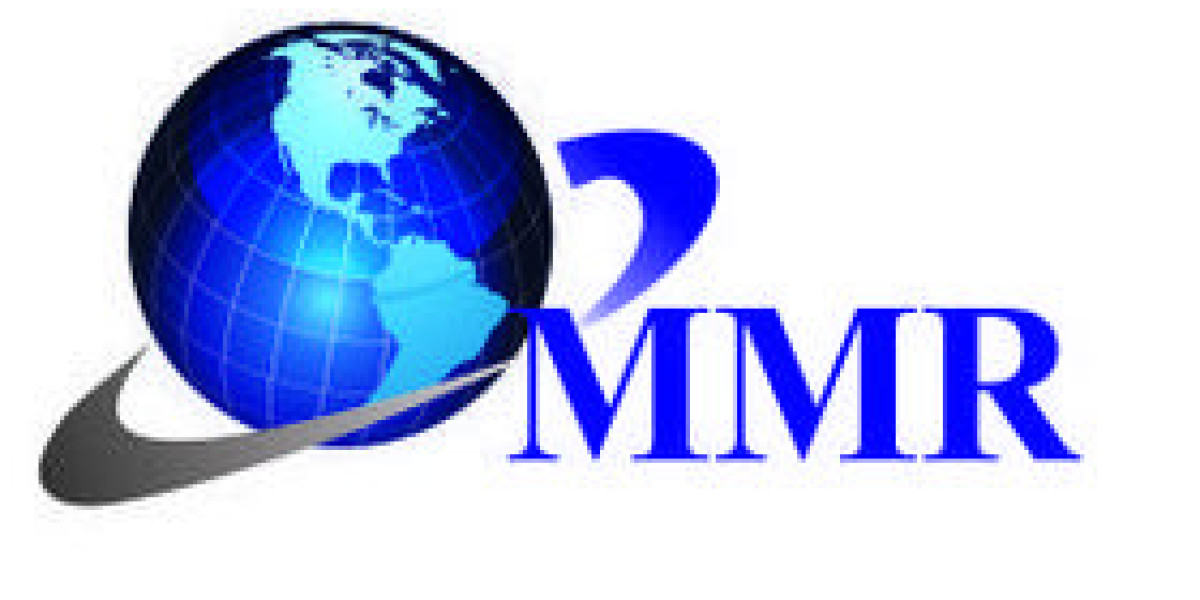Mastering Blood Sugar Control During Chemotherapy: Your Essential Handbook
Managing blood sugar levels during chemotherapy can be a complex task, particularly for individuals with diabetes or insulin resistance. Chemotherapy treatments and their associated side effects can significantly impact blood sugar levels, requiring careful attention and proactive management. This comprehensive handbook provides invaluable guidance and practical tips to empower individuals to master blood sugar control during chemotherapy, ensuring optimal health and well-being throughout the treatment process.
Understanding the Dynamics of Blood Sugar During Chemotherapy
Chemotherapy treatments can affect blood sugar levels through various mechanisms, including medication side effects and changes in eating patterns. Corticosteroids commonly used in chemotherapy can elevate blood sugar levels by promoting insulin resistance, while nausea, vomiting, and appetite changes can disrupt regular eating habits, further complicating blood sugar management.
Proven Strategies for Effective Blood Sugar Control During Chemotherapy
Adopt a Balanced Diet Strategy
Maintaining a balanced diet is fundamental for stabilizing blood sugar levels during chemotherapy. Prioritize nutrient-rich foods and aim for a balanced distribution of carbohydrates, proteins, and fats.
- Choose Complex Carbohydrates: Opt for whole grains, fruits, and vegetables to provide sustained energy and prevent blood sugar spikes.
- Incorporate Lean Proteins: Include lean protein sources such as poultry, fish, tofu, and legumes to support muscle health and regulate blood sugar.
- Include Healthy Fats: Incorporate sources of healthy fats such as avocados, nuts, seeds, and olive oil to promote satiety and enhance blood sugar control.
Monitor Blood Sugar Levels Closely
Regular monitoring of blood sugar levels is essential for detecting and managing fluctuations effectively.
- Use a Glucometer: Monitor blood sugar levels regularly, particularly before meals, after meals, and at bedtime, to track changes and adjust management strategies accordingly.
- Maintain a Log: Keep a detailed record of blood sugar readings, meals, medications, physical activity, and any symptoms or side effects experienced to facilitate informed decision-making and collaboration with healthcare providers.
Ensure Adequate Hydration
Proper hydration is critical for supporting metabolic function and blood sugar regulation, especially during chemotherapy.
- Drink Plenty of Water: Aim to consume sufficient fluids, primarily water, throughout the day to prevent dehydration and optimize metabolic processes.
- Limit Sugary Beverages: Avoid sugary drinks and opt for water, herbal teas, or infused water to minimize unnecessary blood sugar fluctuations.
Implement Stress Management Techniques and Prioritize Rest
Chronic stress and inadequate sleep can adversely affect blood sugar control , highlighting the importance of stress management and sleep hygiene practices.
- Practice Stress-Relief Techniques: Incorporate stress-reduction strategies such as mindfulness, deep breathing exercises, or meditation to mitigate stress levels and promote emotional well-being.
- Prioritize Quality Sleep: Establish a consistent sleep schedule, create a conducive sleep environment, and engage in relaxation rituals to enhance sleep quality and duration.
Collaborative Engagement with Healthcare Professionals
Effective communication and collaboration with healthcare providers are essential for optimizing blood sugar control during chemotherapy.
- Attend Regular Check-ups: Schedule routine appointments with your healthcare provider to review blood sugar trends, treatment progress, and address any concerns or challenges encountered.
- Seek Guidance Promptly: Don't hesitate to reach out to your healthcare team if you experience significant changes in blood sugar levels or encounter difficulties managing your condition during chemotherapy.
Conclusion
Mastering how to control blood sugar during chemotherapy requires a comprehensive approach that encompasses dietary modifications, regular monitoring, hydration, stress management, and collaborative engagement with healthcare professionals. By implementing these strategies and prioritizing self-care, individuals can navigate chemotherapy with confidence, resilience, and optimal blood sugar control, ultimately enhancing their overall health and well-being throughout the treatment journey. Remember, with the right knowledge, support, and proactive management, you can successfully manage your blood sugar levels and thrive during chemotherapy.



